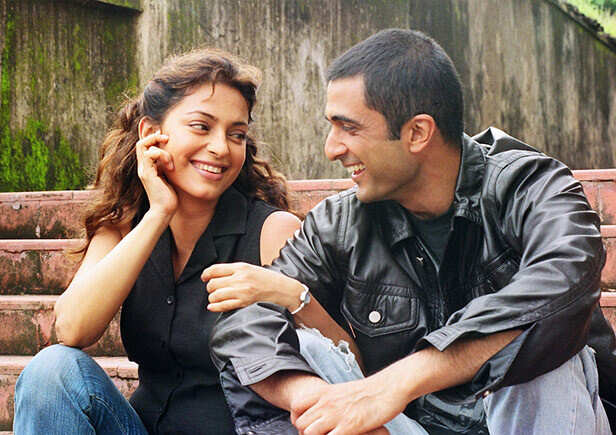Filmmakers shouldn’t limit themselves. Otherwise they run the danger of confirming to set norms. Rather, their aim should be to push the envelope with every film. One filmmaker who believes in extending his boundaries with every outing is Onir. Starting from My Brother… Nikhil (2005) so Shab (2017), his films have tried to normalize the queer narrative in Hindi cinema. He’s an auteur who’s equally at ease being an editor or writer as he’s being a filmmaker. He’s also controversy’s favorite child but has never run away from his accusers but has faced them with a rock-like conviction in his beliefs. He’s not afraid to show the world who he is and doesn’t care for its judgment. Excerpts from a heart-to-heart talk with the maverick filmmaker.
Indian Cinema Has Progressed Quite A Bit With How They Sensitize Queer Storytelling Now, But You Took That Plunge Back In 2005 With My Brother Nikhil….
Honestly, I don’t think I had the problem of courage because I didn’t need the courage to be myself. It was perceived as courageous from the outside by the actors and everything because it was the first mainstream film at that time. But while making the film we were doing it solely because everyone loved the script and felt strongly for the story including me. There was more of a need to do it because it moved all of us and we were not conscious we were doing something that we were doing something brave, we were just doing something that we believed would touch people’s hearts.
What Are The Changes You See In The Creative Process Of Filmmaking With So Many Filmmakers Now Not Hesitating To Go For Queer Characters?
Honestly speaking, after the 377 verdicts by the supreme court the amount of change that I expected to see, I have not seen that. The number of films that have queer content is minimal. Even today, one or two OTT projects have important queer characters. After Made in Heaven, there was nothing significant that happened, nothing as impactful. Also while I see a lot of films happening in 2022, the stories are still about acceptance, and grappling with one’s own identity and family. I feel that for me as an out and proud queer filmmaker and person, I have done it 17 years ago. Even then for me, it was very important that my character Nikhil walks out of his house when they don’t accept him. He is not someone who is begging for acceptance. He tells his mother that he’ll only come back when his dad wants to take him back home which means acceptance is not what he is begging for, he demands acceptance. Whereas today even after so many years I see films revolving around begging for acceptance.
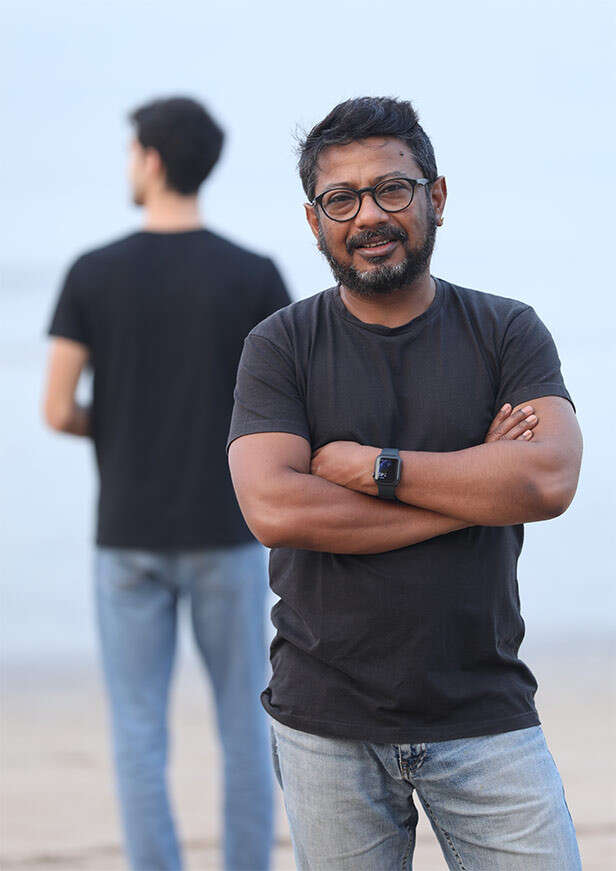
Isn’t Acceptance Necessary…
I feel like the narrative has to move beyond acceptance because our life is not just confined to acceptance by the heteronormative world. Whether that world accepts me or not I am living a full life and someone should start telling those stories instead of always dying for acceptance. For me, if a family does not accept me, and I tell this to every queer person because a large number of youngsters message me. I tell them to focus on their career, the day they are independent they can come out to their family if they want and if they don’t accept, walk out. Walk out of this overhyped notion of family, if they can’t love you for who you are, they never loved you. So then you create your own family…
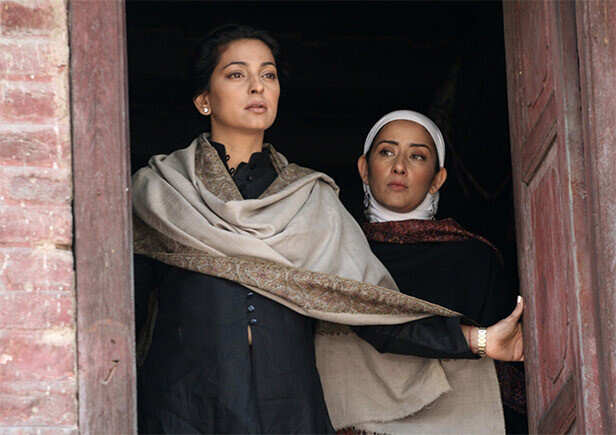
Go On…..
I find it a little problematic when all our films now are all about how we can fit into the hetero normative society. The makers of these films are mostly straight and say they’re taking baby steps. Why is the desire being taken away from gay narratives? Who does it make uncomfortable? Secondly, no one had to teach me how to accept the straight world, I didn’t have to take any baby steps. Just because you guys are taking baby steps doesn’t mean I am still stuck in that space and still having to see those stories of baby steps. When I see films like Call Me By Your Name and Moonlight, they are also about coming out but they are much beyond that. They touch you and very often when I watch films made here, I feel I can’t relate to them. Where men and women hardly touch each other or kiss each other with passion. You feel who are these people behaving like monks. Some of them are of course addressing the larger audience but it has to move beyond that so that people realize that my life is not about other people accepting me or not.
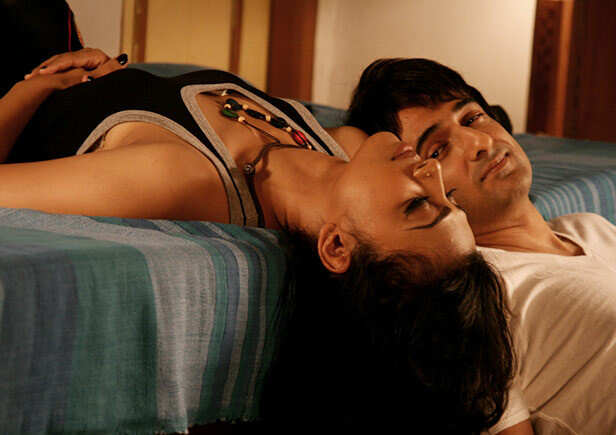
My Brother Nikhil, I Am… Or Shab – You Worked On These When Homosexuality Was Yet To Be Decriminalized, Did You Feel A Certain Pressure Of What The Outcome Would Be Like?
In My Brother Nikhil, I did not feel the need to include physical intimacy. For me, it was important to talk about love and I feel that there is so much tenderness in the way the character of Purab looks at the character of Sanjay. The look is not sanitized, the look is of sensuality and love. When I was doing I am, it was important to show a certain amount of physicality because it was about being denied that right. In Shab, I had various gay characters living their lives facing different kinds of challenges and there you see the desire in a different manner. Right now I have just finished the shooting for my next film Pine Cone and I can tell that, might sound a little arrogant, I know that no Indian film would have explored queer desire without shame the way I have explored in Pine Cone. The narrative is not about baby steps, it is about celebrating our stories without filters.
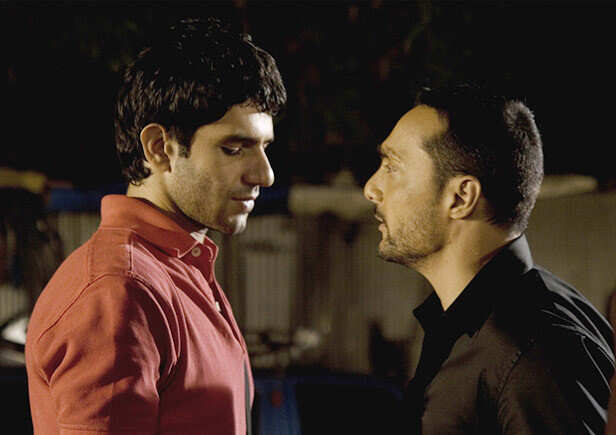
Your Film We Are Is Inspired By The True Story Of Major J. Suresh Who Was A Gay Army Man, And That Got Rejected By The Ministry Of Defence, What Was Your Initial Reaction To That?
I was angry actually because this is inspired by a true story that was in the public domain. It was not a fictitious thing that I made up, it was an army man who had given interviews to the media in the public domain. I thought that when the supreme court decriminalized homosexuality, the judge proclaimed that society needs to apologize to the queer community. And for me, that was touching and that meant that every state agency would take steps to implement the essence of the verdict which is about us being treated as equals. In a democratic country it is sad that being queer, you cannot serve in the forces. One should be judged according to one’s talent, strength, endurance, anything but not sexuality. Why is someone who is heterosexual supposed to be more apt? How come it is only the queer community that is punished for no reason? This is a violation of our human rights and democratic rights. This was really upsetting but I will find a way soon.
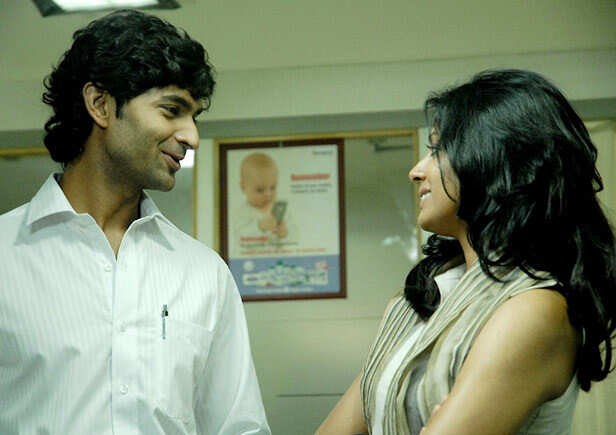
This Happening After Decriminalizing Section 377 In 2018 – What Do You Have To Say On Cbfc’s Take On Stories Revolving Around Queer Individuals Or Just Sexual Orientation For That Matter?
My personal experience is that we are going backwards. In 2005 when I made My Brother Nikhil, I got a U certificate without any single cut. In 2011 it started with the CBFC board wanting 21 minutes of the film edited out. I fought for six months and finally agreed to cut three minutes of the film, which still hurts me. But we finally got an A certificate and two National Awards. In 2017 I had to hear from the film certification board “Acha! Aapne toh in logon ko normal dikha diya.” That came from a film certification board and it took me nearly a year to get a U/A certificate so that the film could go on. I had to hear ridiculous comments like “Aap inko bhai jaise nahi dikha sakte?” In 2022, even before I can make a film, I don’t get a NOC to shoot. Now that we are decriminalised, I can’t even make the film I want to. It is kind of an irony, of course, there are things in which we are more empowered, but there are different manners in which our voices are being choked.
